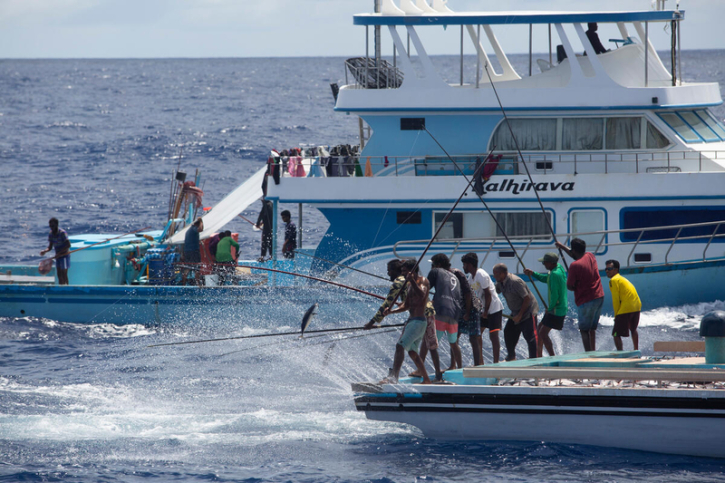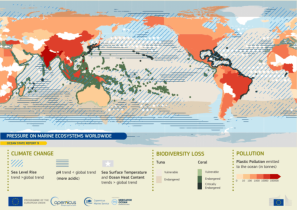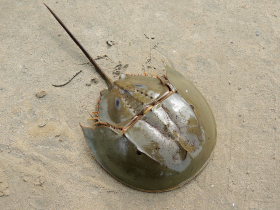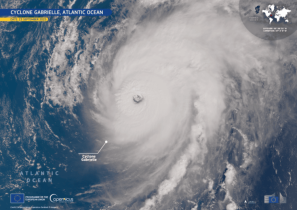
The Food and Agriculture Organization of the United Nations (FAO) will play a central role in supporting the implementation of a landmark United Nations treaty designed to conserve and sustainably manage marine biological diversity in waters beyond national jurisdiction. The agreement, having secured the required number of ratifications last Friday, will formally enter into force in January 2026.
Formally titled the “Agreement under the United Nations Convention on the Law of the Sea on the Conservation and Sustainable Use of Marine Biological Diversity of Areas beyond National Jurisdiction” (BBNJ), the treaty establishes a comprehensive global framework for the protection and sustainable management of biodiversity in high seas areas that lie outside the exclusive economic zones of individual nations.
The treaty builds on existing international rules, strengthening regulatory frameworks while promoting greater international cooperation and cross-sectoral coordination to improve ocean governance. It seeks to safeguard marine ecosystems in areas beyond national jurisdiction, balancing biodiversity conservation with sustainable resource use.
FAO has already contributed significantly to the development of the Agreement, including through its leadership of the Common Oceans Program — a multi-stakeholder initiative developed in close partnership with the Global Environment Facility (GEF), the United Nations Environment Programme (UNEP), and the United Nations Development Programme (UNDP), among others. Moving forward, FAO will continue to support its Members in implementing the treaty.
Leveraging its technical expertise, global data collection and validation systems, and strong partnerships, FAO will collaborate with Member States and the extensive network of Regional Fisheries Bodies, including Regional Fishery Management Organizations (RFMOs). These organizations play key roles in science, management, and governance of activities in international waters, and FAO’s efforts will focus on aligning biodiversity conservation with sustainable fisheries.
“Healthy and biodiverse ecosystems are the foundation of sustainable fisheries. The BBNJ Agreement will help ensure biodiversity in areas beyond national jurisdiction can continue to support sustainable fisheries, protect food security, nutrition, and the livelihoods of billions of people,” said Manuel Barange, FAO’s Assistant Director-General and Director of Fisheries and Aquaculture.





